NEWS
20 Common Oldschool Beliefs That Are Hurt Society Now
Published
3 months agoon
As society evolves, certain beliefs and traditions that were once widely accepted can become outdated and even harmful. While these ideas may have been rooted in historical, cultural, or practical contexts, they often perpetuate inequality, hinder progress, and harm individuals today. Recognizing and challenging these old-school beliefs is essential to building a fairer and more inclusive world. Here are 20 common old-school beliefs that are hurting society now.
“Men Should Be the Sole Breadwinners”

Shutterstock
The belief that men should be the sole earners in a household puts undue pressure on men while limiting women’s career opportunities. In modern society, shared financial responsibilities often lead to stronger partnerships and financial stability. Encouraging gender equality in the workplace and at home benefits everyone. Breaking this outdated idea fosters healthier relationships and economic progress.
“Children Should Be Seen and Not Heard”

Shutterstock
Silencing children dismisses their thoughts and emotions, stifling their confidence and creativity. Modern parenting emphasizes open communication and respect for a child’s perspective. Allowing children to express themselves helps them develop critical thinking skills and emotional intelligence. Listening to young voices is key to raising empowered future generations.
“Boys Don’t Cry”
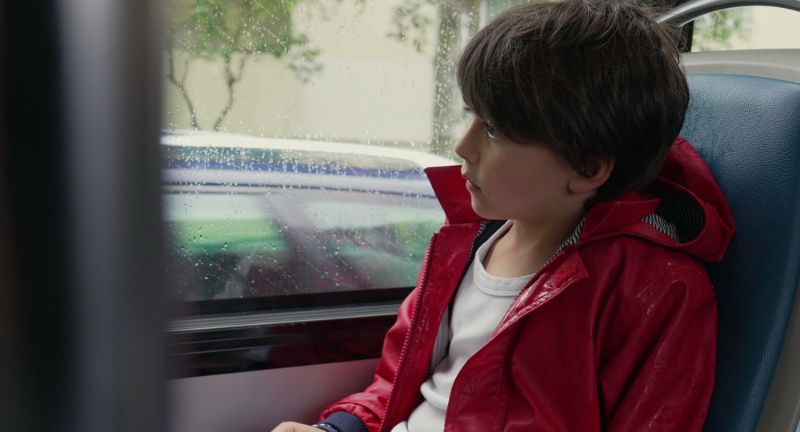
Shutterstock
The idea that boys must suppress their emotions contributes to toxic masculinity and poor mental health. Encouraging boys to express their feelings helps them build emotional resilience and healthier relationships. Breaking this stereotype allows men to seek help and process their emotions without shame. Society benefits when vulnerability is seen as strength, not weakness.
“Marriage Is the Only Path to Fulfillment”

Shutterstock
The belief that marriage is essential for happiness marginalizes those who choose other paths, such as remaining single or focusing on career goals. Fulfillment comes from diverse experiences, not just romantic relationships. Valuing individuality and personal choices creates a more inclusive society. Everyone deserves respect, regardless of their marital status.
“Spare the Rod, Spoil the Child”

Shutterstock
Corporal punishment as a form of discipline has been shown to harm children’s mental health and lead to behavioral issues. Modern research supports positive reinforcement and non-violent discipline methods. Teaching empathy and communication fosters better behavior without instilling fear. Respectful parenting creates stronger parent-child relationships and healthier communities.
“Mental Illness Is a Personal Weakness”

Shutterstock
Stigmatizing mental illness prevents people from seeking help and perpetuates harmful stereotypes. Mental health challenges are medical conditions, not character flaws. Promoting awareness and access to mental health resources helps individuals thrive. Compassion and understanding are essential for reducing stigma and improving lives.
“Traditional Gender Roles Are Best”

Shutterstock
Rigid gender roles limit opportunities for both men and women, reinforcing inequality. Allowing individuals to choose roles based on their interests and skills promotes a more equitable society. Challenging these outdated norms benefits workplaces, families, and communities. Progress comes from embracing diversity and breaking free from stereotypes.
“People Should Keep Their Problems to Themselves”

Shutterstock
Encouraging silence about personal struggles fosters isolation and prevents support networks from forming. Sharing challenges builds connections and creates opportunities for empathy and assistance. Communities thrive when people feel safe seeking help and expressing their needs. Breaking this belief reduces loneliness and promotes mental well-being.
“Work Is Your Identity”

Shutterstock
Defining people solely by their jobs dismisses their personal lives, hobbies, and relationships. This belief contributes to burnout and undervalues the importance of work-life balance. Recognizing individuals for their full humanity, not just their careers, leads to healthier and more fulfilling lives. People are more than their professional titles.
“Education Ends After School”

Shutterstock
Believing that education stops after graduation limits personal and professional growth. Lifelong learning is essential in a rapidly evolving world, where new skills and knowledge are constantly needed. Encouraging continued education fosters adaptability and innovation. Breaking this mindset empowers individuals to thrive in changing environments.
“You Must Own a Home to Be Successful”

Shutterstock
The idea that owning a home is the ultimate marker of success can lead to financial stress and unrealistic expectations. Renting or alternative housing options can be more practical for many people, depending on their circumstances. Success should be defined by personal goals and fulfillment, not outdated societal benchmarks. Flexibility is key to a balanced life.
“All Jobs Should Be Full-Time and Traditional”

Shutterstock
The belief that only full-time, 9-to-5 jobs are legitimate dismisses freelance, gig, and part-time work. These alternative roles often offer flexibility and work-life balance that many people need. Embracing diverse work arrangements reflects modern economic realities and supports varied lifestyles. Challenging this norm broadens opportunities for everyone.
“Women Should Prioritize Family Over Career”

Shutterstock
The expectation that women must prioritize family over career limits their ambitions and economic independence. Modern families thrive when responsibilities are shared and choices are respected. Women should have the freedom to pursue careers, families, or both without judgment. Equality in decision-making strengthens households and society.
“Older Generations Know Best”

Shutterstock
While older generations have wisdom to share, dismissing younger perspectives hinders innovation and progress. Younger people bring fresh ideas and adapt quickly to changing circumstances. Valuing intergenerational collaboration benefits everyone. Mutual respect between generations strengthens communities and organizations.
“We’ve Always Done It This Way”

Shutterstock
Resisting change because of tradition stifles creativity and progress. Clinging to old methods can prevent better solutions from emerging. Embracing change and innovation allows society to evolve and improve. Challenging this belief opens doors to growth and new opportunities.
“Stay Silent About Injustice”
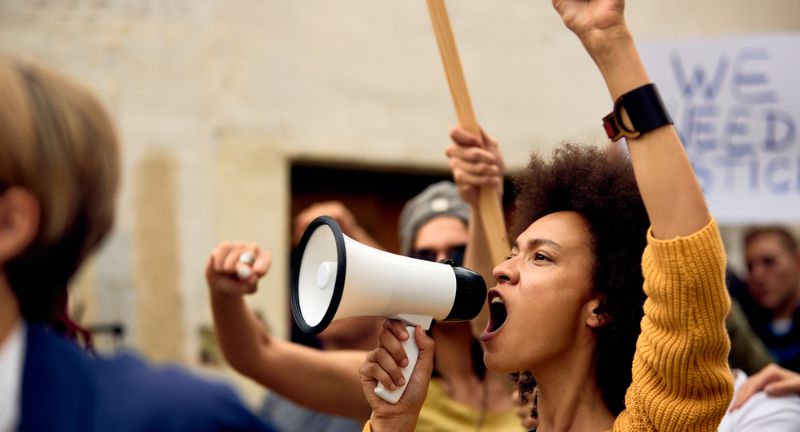
Shutterstock
The idea that speaking up against injustice is risky or inappropriate allows harmful practices to continue. Advocacy and activism create awareness and drive meaningful change. Supporting those who challenge inequity builds a more just and fair society. Silence perpetuates problems; action resolves them.
“Money Is the Only Measure of Success”

Shutterstock
Equating success solely with wealth overlooks other important aspects of life, such as relationships, personal growth, and community contributions. True success is diverse and personal, reflecting individual values and goals. Shifting this mindset encourages more holistic and fulfilling lives. Everyone deserves to define success on their terms.
“People Can Only Love One Way”

Shutterstock
Believing that relationships must fit a single mold ignores the diversity of human connection. Love takes many forms, from platonic and romantic to unconventional partnerships. Recognizing and respecting different ways of loving fosters inclusivity and understanding. Challenging this belief broadens the definition of meaningful relationships.
“Only Experts Have Valuable Opinions”

Shutterstock
While expertise is valuable, dismissing the opinions of non-experts limits perspective and innovation. Everyone brings unique insights based on their experiences and knowledge. Encouraging diverse voices fosters creativity and collaboration. Society thrives when all perspectives are valued and included.
“Appearance Defines Worth”
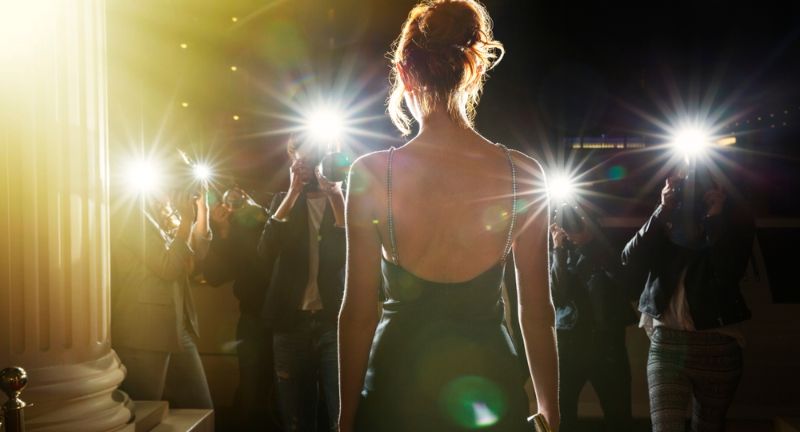
Shutterstock
Judging people based on their appearance perpetuates stereotypes and shallow values. True worth lies in character, actions, and contributions to society. Challenging this belief promotes inclusivity and deeper connections. Celebrating diversity in all its forms strengthens communities and individuals alike.
Conclusion

Shutterstock
Outdated beliefs may have been rooted in tradition, but they often fail to meet the needs of a modern, diverse society. Challenging these harmful ideas allows us to create a more equitable and compassionate world. By embracing progress and questioning old-school norms, we can promote inclusion, empathy, and personal growth. It’s time to leave these outdated beliefs behind and build a better future together.
More From Local News X
-


25 Challenges Kids Are Facing Now That They Didn’t Face…
-


21 Things That Will Disappear Forever With The Boomer Generation
-


19 Major Regrets That You Need To Avoid With Social…
-


24 Amazing Benefits of Walking Daily
-
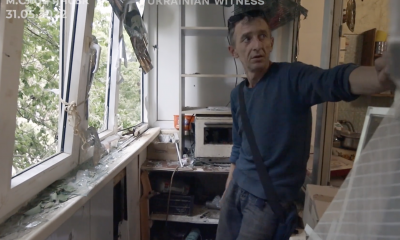

Local Residents of Slavyansk Comment on Near Constant Shelling, Show…
-


More – The Sydney Opera House Flares to Light After…
-


Demonstration at intersection after elder from Golden Gate Park Senior…
-
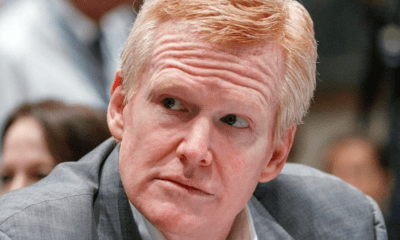

Convicted Murderer Alex Murdaugh Loses Prison Phone Privileges After Speaking…
-


3 Sailors Rescued After ‘Several Shark Attacks’ Damage Inflatable Boat…
-


20 Great Cranberry Dishes for Every Occasion
-


22 Important Costs Retirees Fail To Plan For
-


Large Boats Catches on Fire in English Harbor
